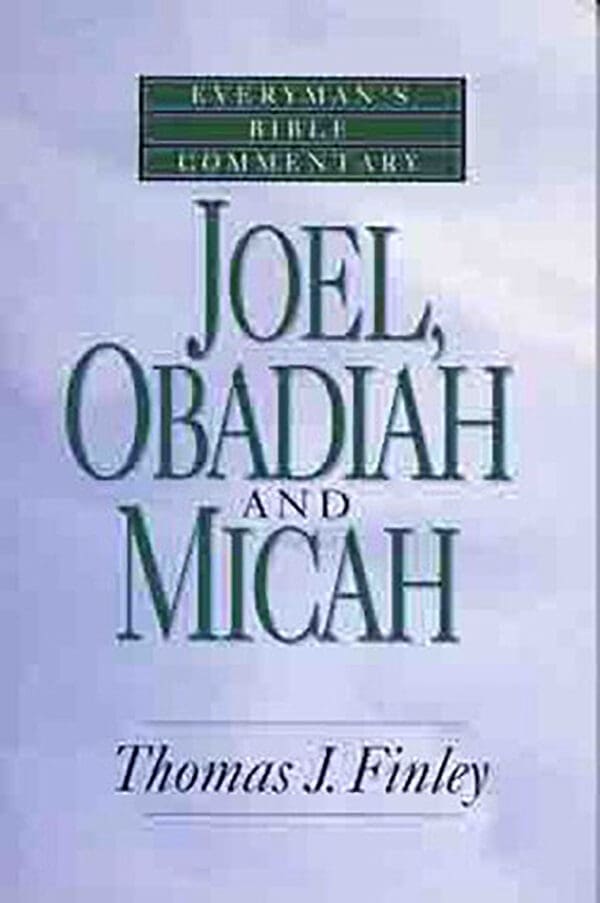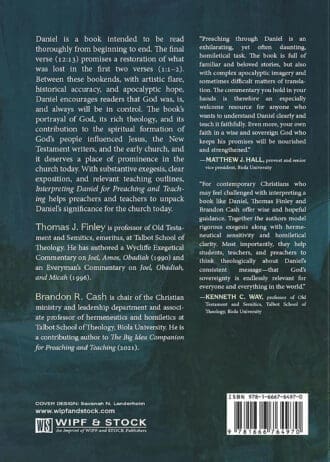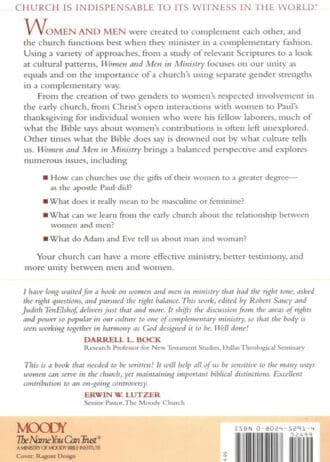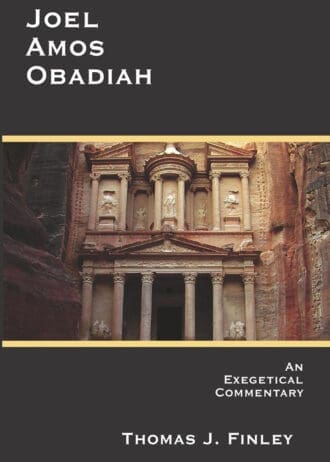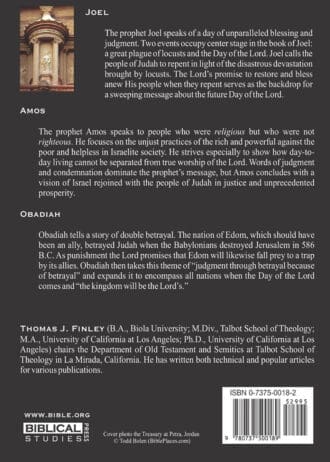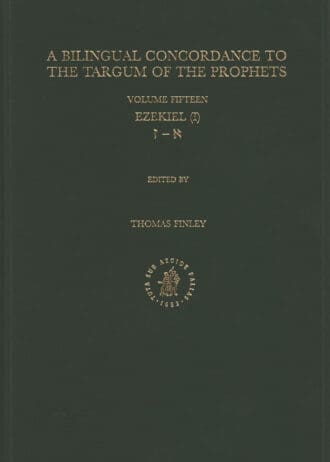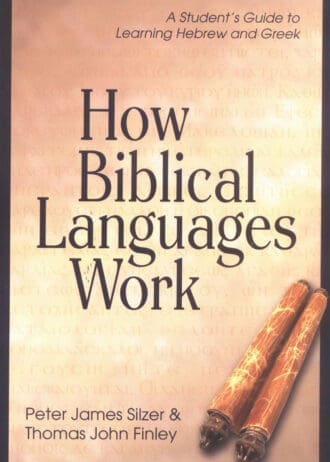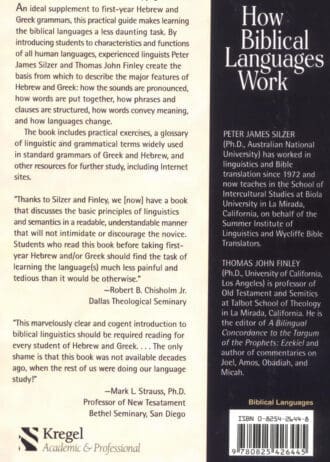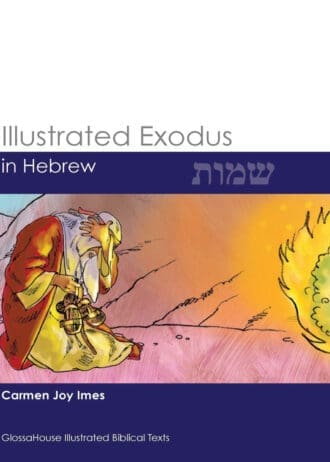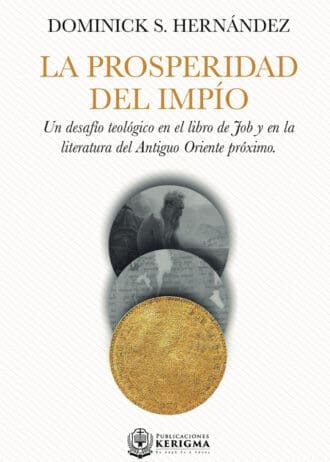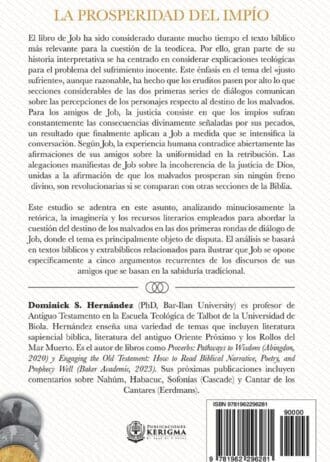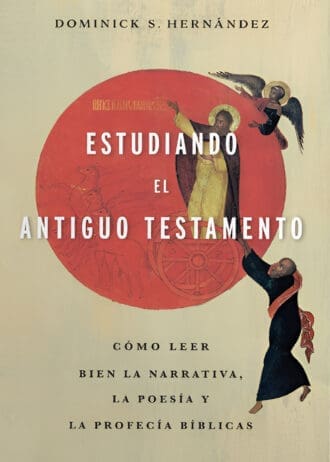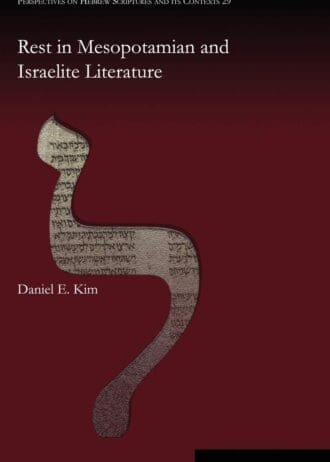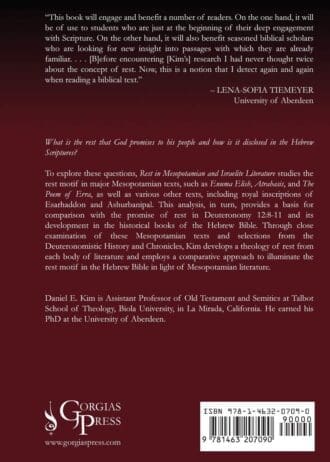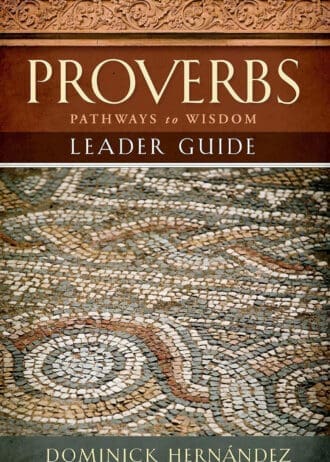‘If the success of a man is measured by the impact he has on later generations, then all of the prophets were highly successful . . . They still speak as God’s mouthpieces to all people everywhere.’ Joel, Obadiah, and Micah preached to plugged ears and hearts of stone. Their message, however, was clear: God’s judgment is real. Studied extensively throughout the New Testament period until the present day, these books remain relevant to readers. Joel – centered around the theme of ‘the day of the Lord,’ shows how we can cling to God’s promise of deliverance when the powers of this world are judged. Obadiah – delivers a revelation against wicked Edom and against all those who oppose the purposes of God. Micah – whose ministry occurred during the reigns of Judean kings Jotham, Ahaz, and Hezekiah, encourages repentance by threats of God’s judgment. Thomas J. Finley examines the short but important texts of these prophets in this thorough, verse-by-verse exploration. This volume contains each book’s historical setting, literary characteristics, a profile of the prophet, and the message for today.
Interpreting Daniel for Preaching and Teaching: A Model for Moving from Exegesis to Exposition to Teaching
Daniel is a book intended to be read thoroughly from beginning to end. The final verse (12:13) promises a restoration of what was lost in the first two verses (1:1–2). Between these bookends, with artistic flare, historical accuracy, and apocalyptic hope, Daniel encourages readers that God was, is, and always will be in control. The book’s portrayal of God, its rich theology, and its contribution to the spiritual formation of God’s people influenced Jesus, the New Testament writers, and the early church, and it deserves a place of prominence in the church today. With substantive exegesis, clear exposition, and relevant teaching outlines, Interpreting Daniel for Preaching and Teaching helps preachers and teachers to unpack Daniel’s significance for the church today.

